The human body is a crazy thing. Over millions of years, it’s evolved into a walking, talking, thinking, sleeping, seeing, hearing thing with the most powerful brain on earth and the ability to wear clothes and build a house to live in. As far as the animal kingdom goes, that’s no small feat. The human body is weird and wonderful, and we bet there are a lot of facts you didn’t know about it.
It’s easy to take your body for granted. You may feed it, exercise it, rest it, get it checked out by the doctor every so often, and try to treat it with respect, but if you stop and think about it, it’s truly an incredible thing. Each of the more than 8 billion people populating this planet has 60,000 miles of blood vessels, 46 miles of nerves, 39 trillion bacteria, and 206 bones inside their bodies, with a brain that has 86 billion neurons sending information at 268 miles per hour.
So, in short, the human body is pretty amazing. And because it’s just so darn complex, there’s a lot about it you didn’t know; heck, there’s a lot about it that even biologists don’t know. So we tracked down 35 of the most fascinating, jaw-dropping, and weird facts about it. (While we’re on the subject, here are 20 more fun facts about the human body.)
Goosebumps Are an Evolutionary Vestige
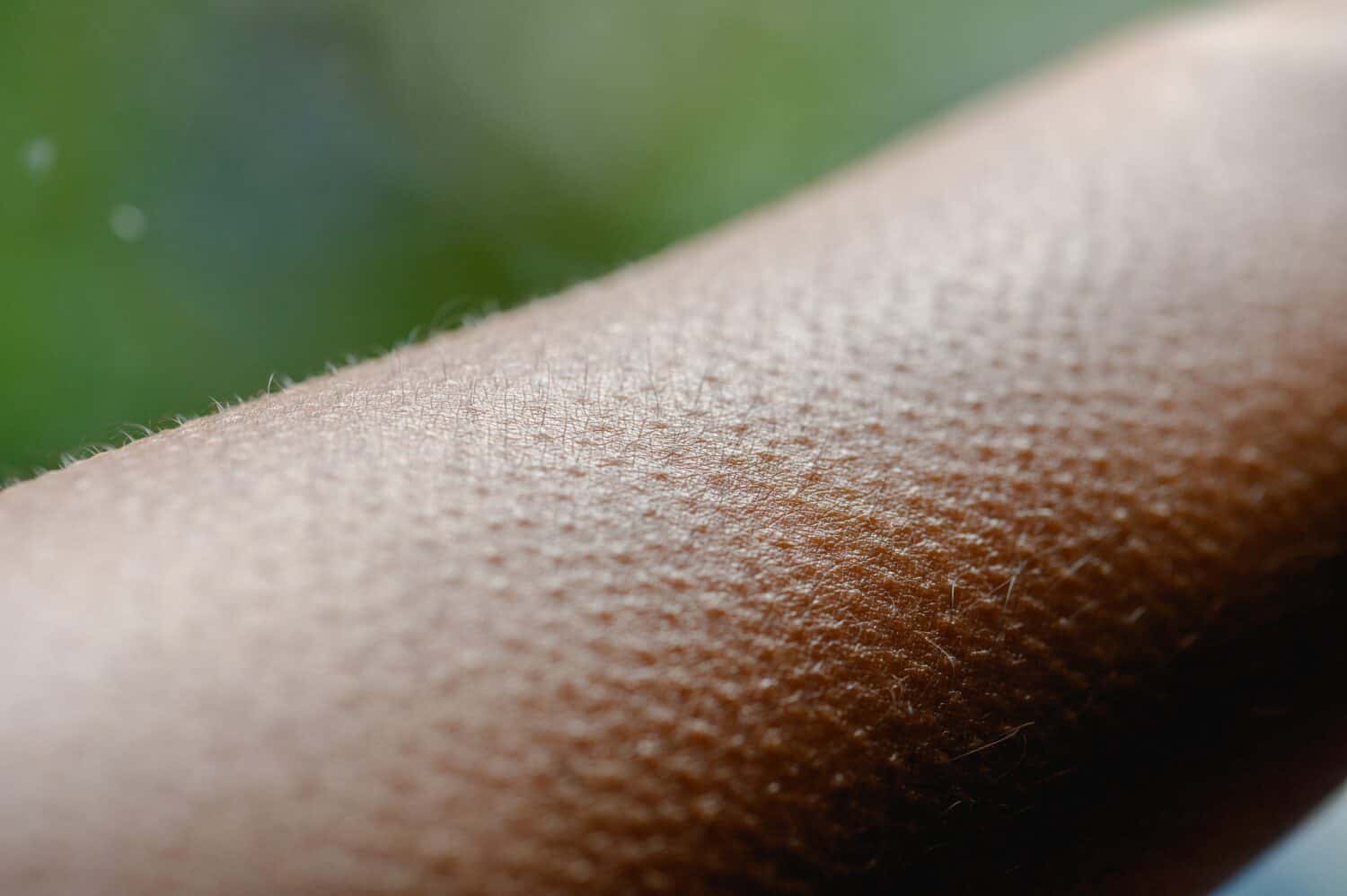
Goosebumps are a vestige of our evolutionary past when they were useful in fluffing up fur or feathers to provide insulation from the cold. Goosebumps are caused by the flexing of the arrector pili muscles, tiny little muscles located inside the hair follicles.
The Brain Isn’t Fully Formed Until Age 25
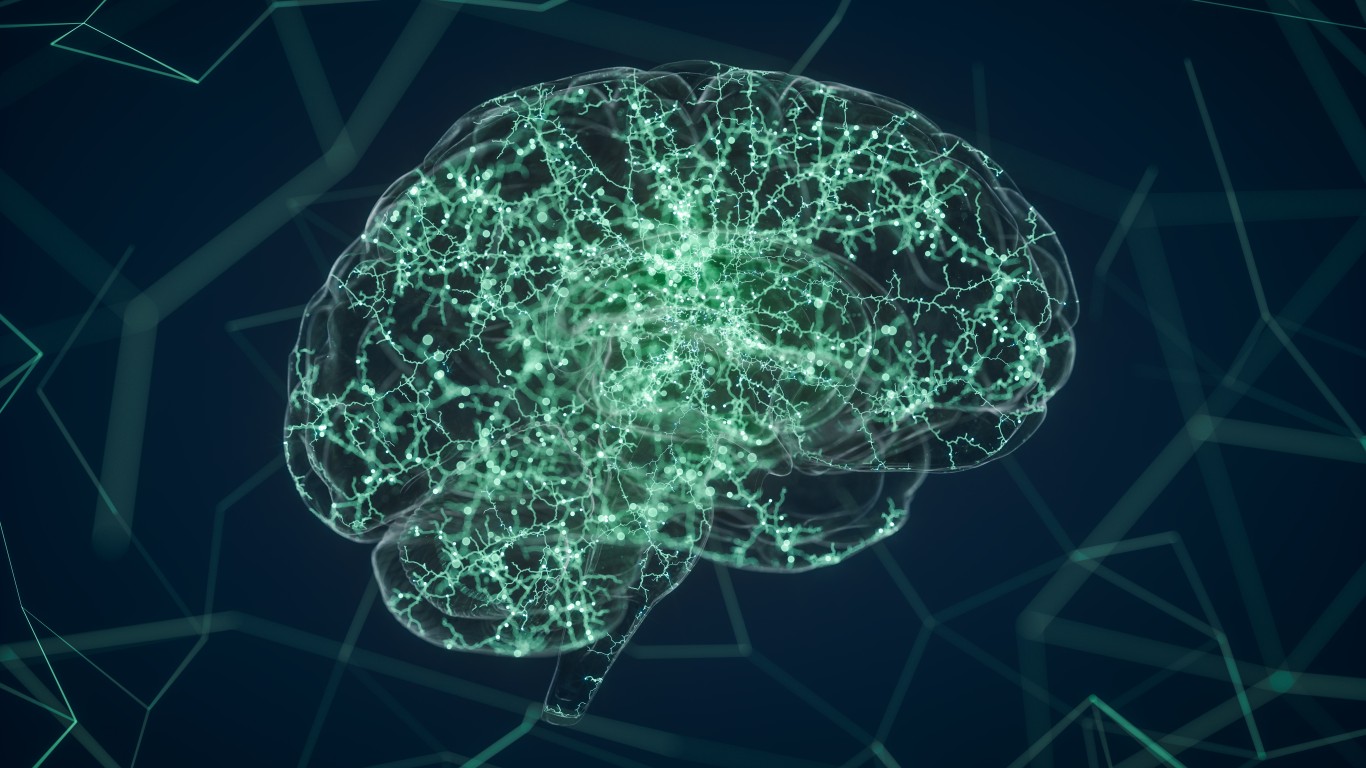
And the final region to mature fully is the frontal lobes, which control planning and reasoning.
Fingers “Prune Up” To Help Grip
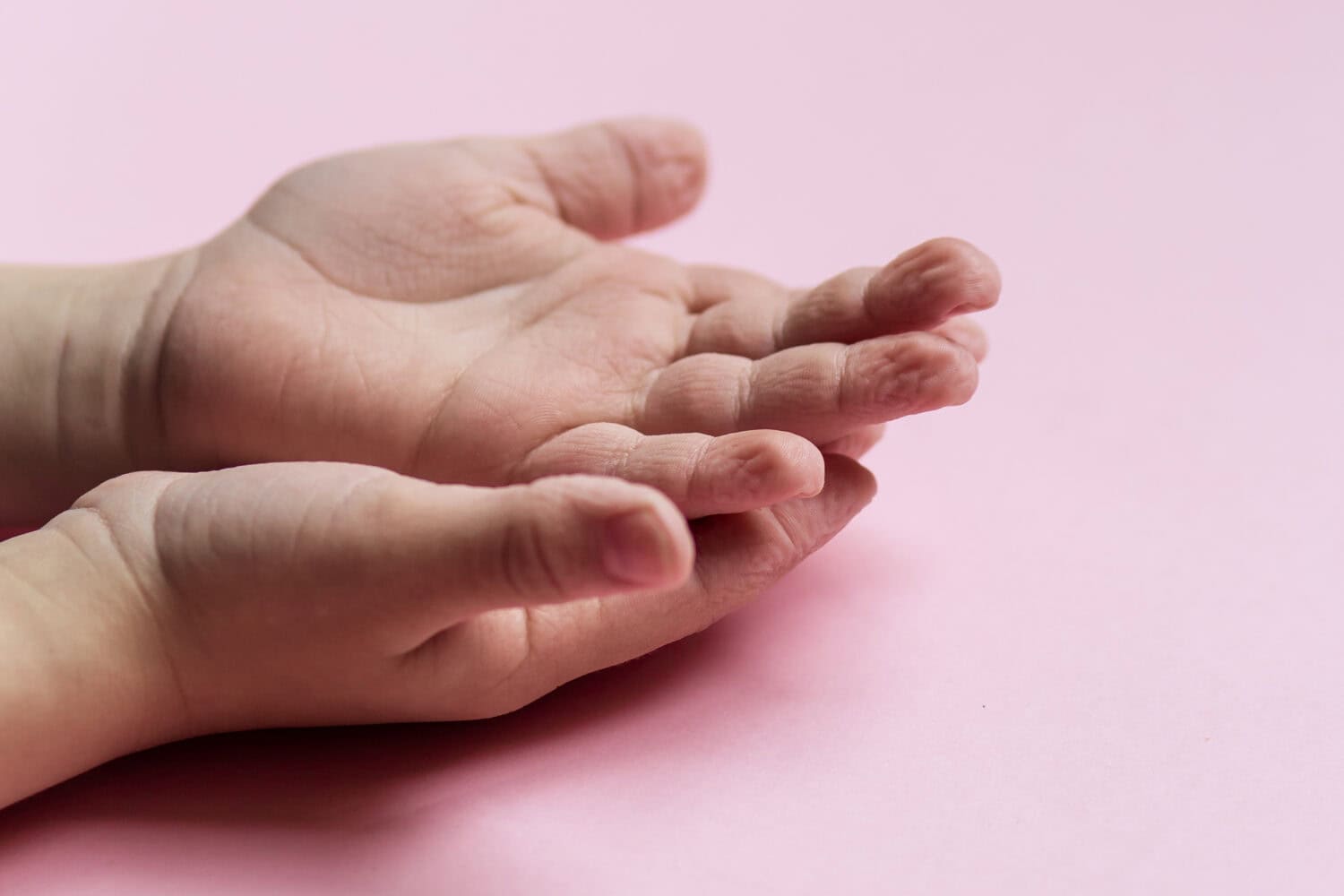
Ever wonder why your fingertips change texture and “prune up” when you’ve been in the pool for a long time? It’s caused by the contraction of blood vessels, and scientists generally agree that it’s an adaptation to help us grip things better underwater.
Earwax Protects the Ear Canal
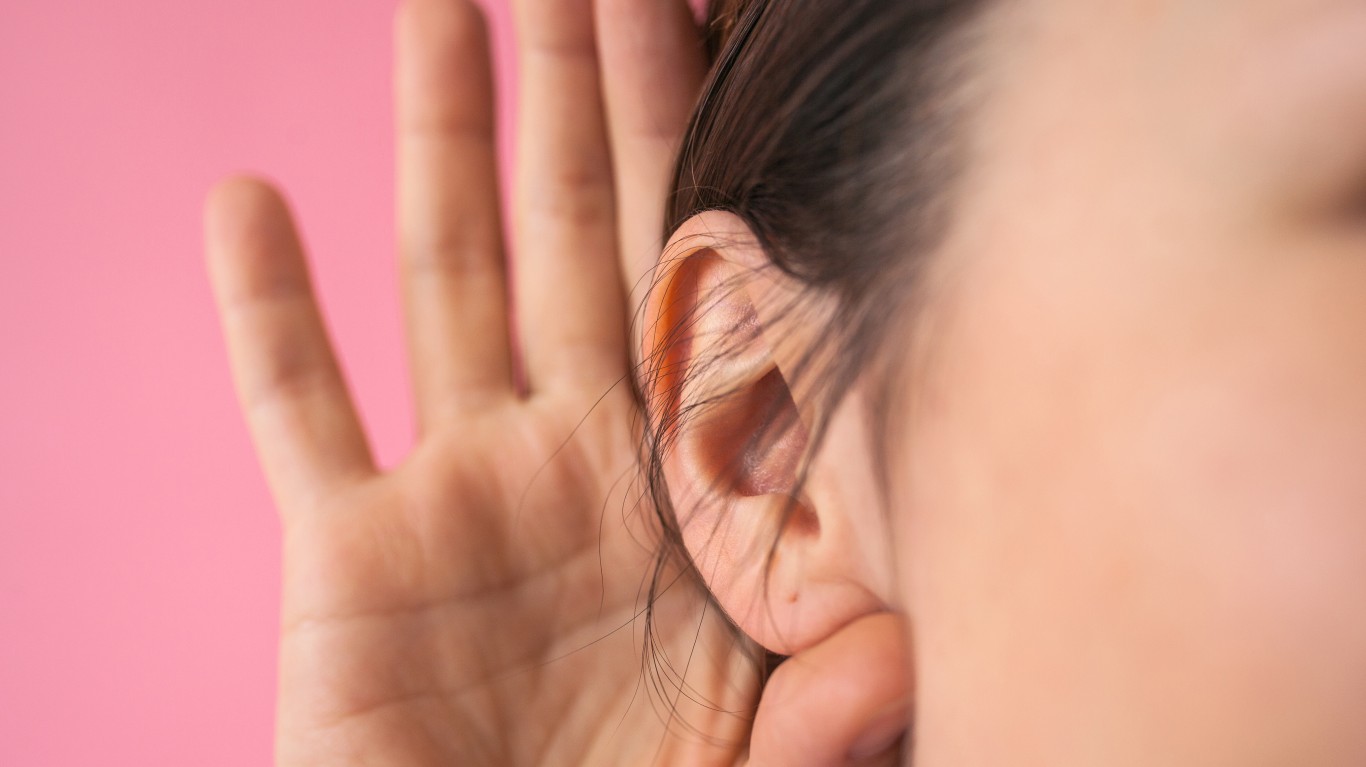
Earwax may seem like a nuisance, but it’s actually very useful. It has antimicrobial properties that help protect the ear canal from infection.
Using Only 10 Percent of Your Brain is a Myth

You use all of it.
Your Eyes are Always Closed When Sneezing

It’s essentially impossible to keep your eyes open when sneezing; it’s an automatic reflex in order to protect your eyes.
The Average Person Blinks 15-20 Times Per Minute
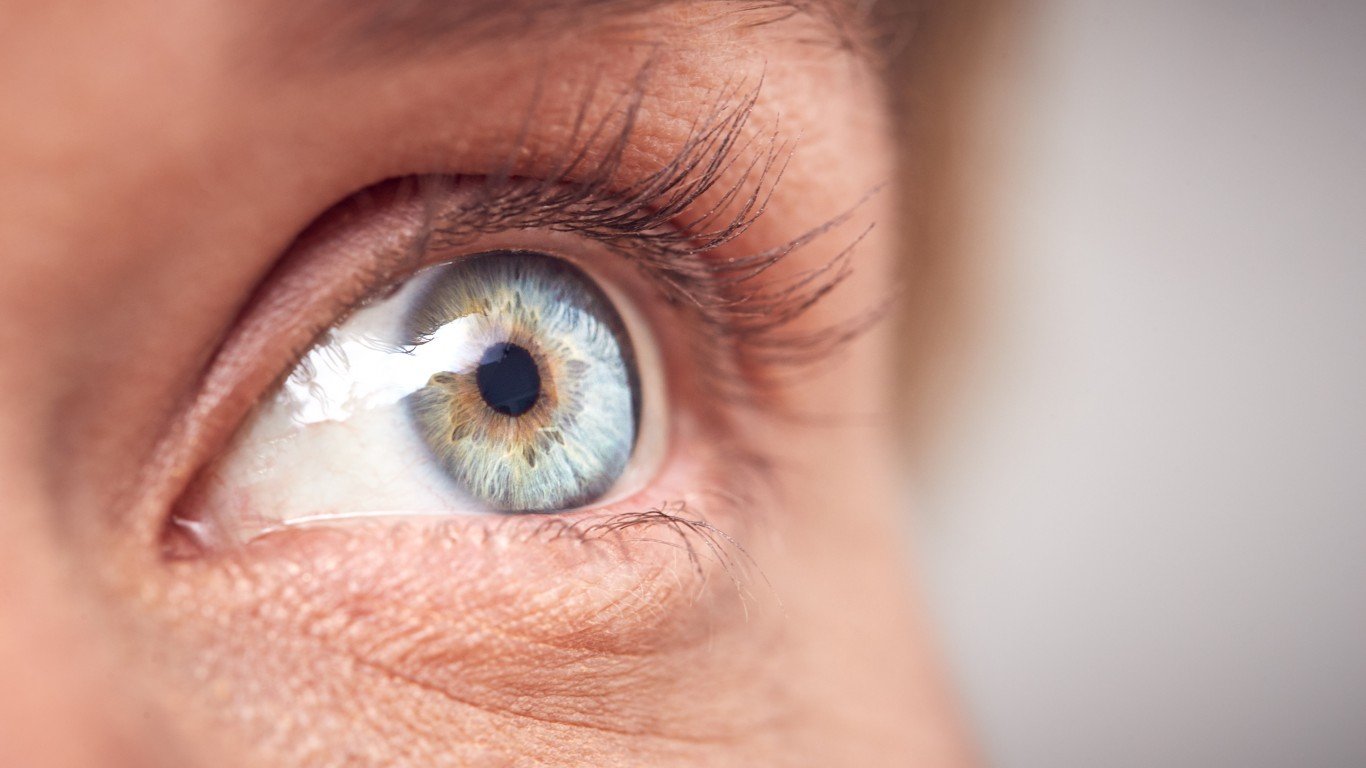
That averages out to about 1,200 times per hour.
One Square Inch of Skin Contains 19 Million Skin Cells

It also contains 300 sweat glands, 20 blood vessels, and 1,000 nerve endings.
“Butterflies” are Caused by Adrenaline
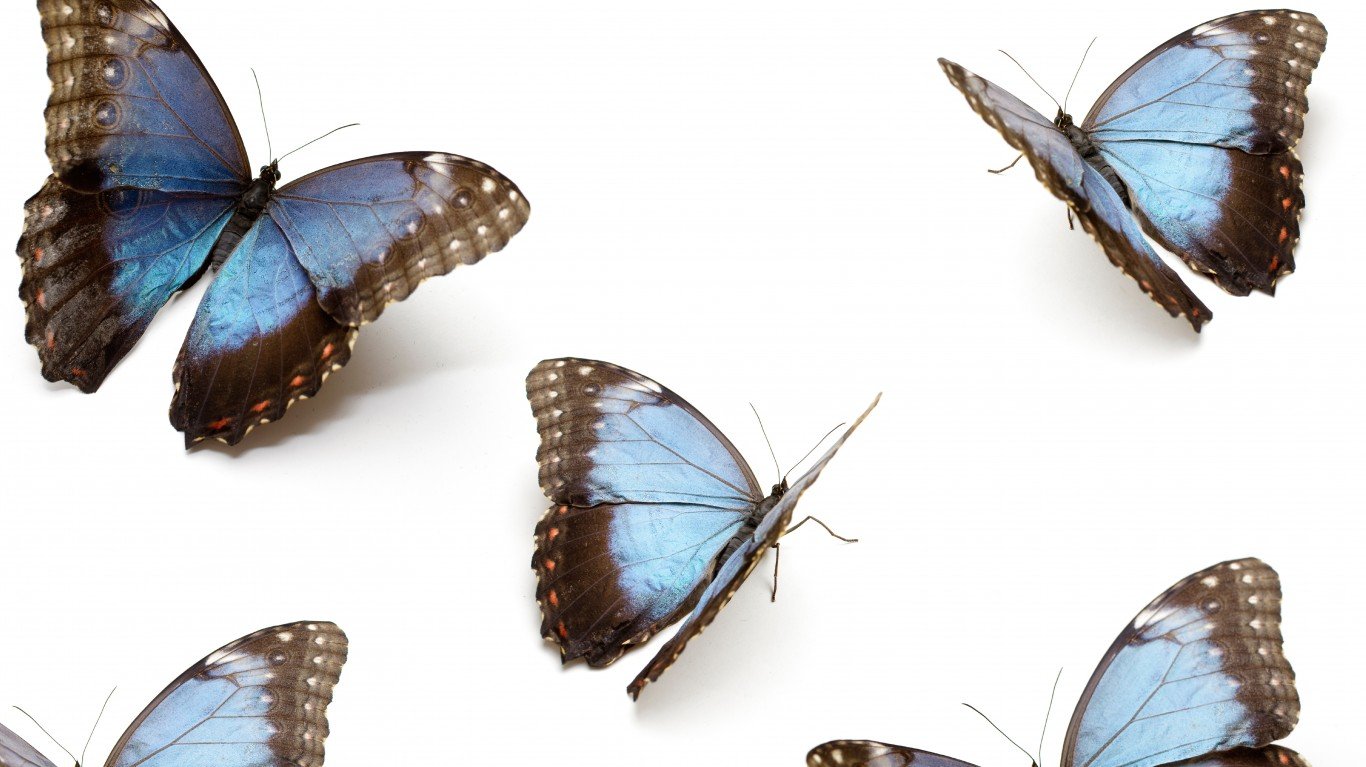
That on-edge, nervous sensation of butterflies in your stomach is caused by the release of adrenaline into the bloodstream and changes in blood flow to the stomach, and are a response to stress or excitement.
The Technical Name for Brain Freeze is Sphenopalatine Ganglioneuralgia

It’s caused by cold hitting the outer covering of the brain, called the meninges, triggering a dilation and contraction of the arteries and causing a headache.
Nostrils Alternate

Ever notice that sometimes when you’re sick, only one nostril is fully plugged up at a time? That’s because they essentially operate independently of one another and alternate between being dominant and less dominant every few hours. This phenomenon is called the nasal cycle.
“Olfactory Fatigue” is Real

No matter how strong or unpleasant an odor is, if you spend enough time exposed to it without smelling anything else, your nose will eventually get used to it.
A Sand Grain-Size Piece of Brain Contains 100,000 Neurons
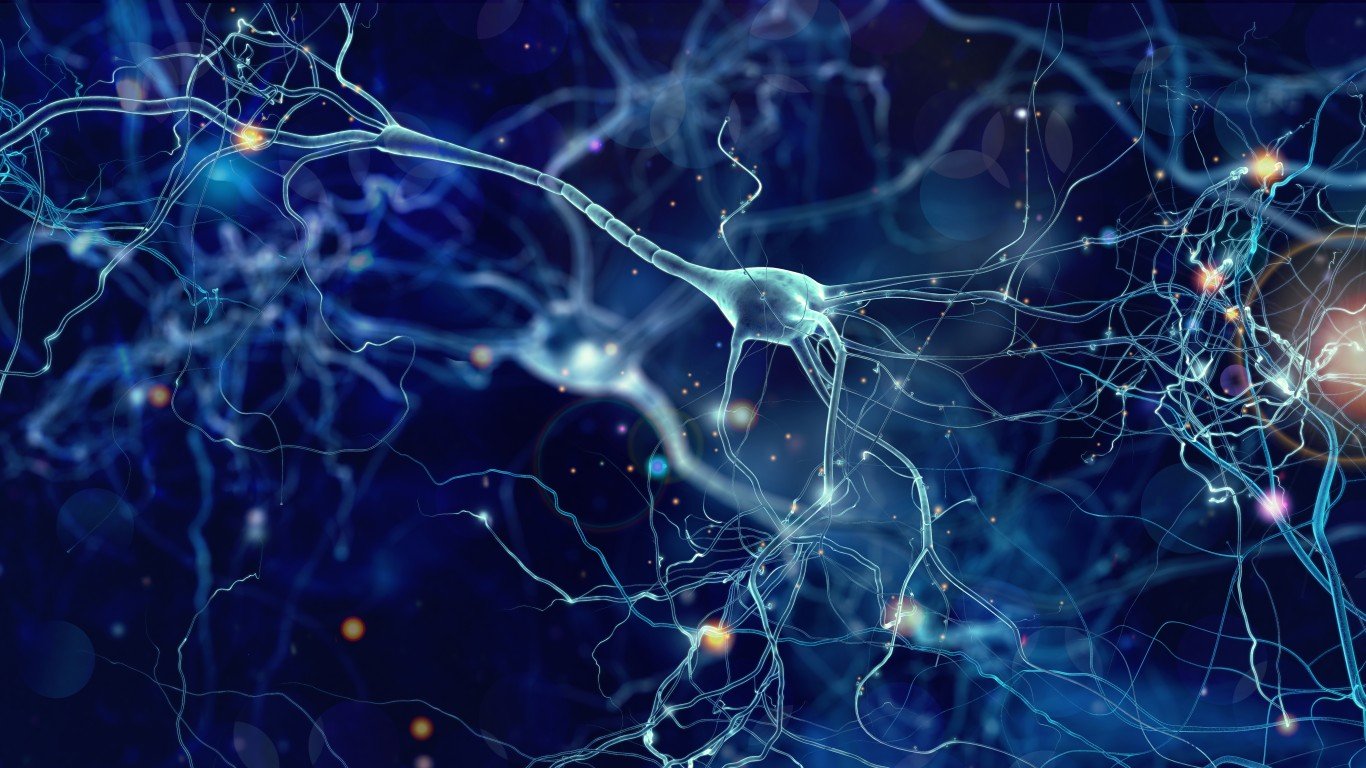
It also contains up to 1 billion synapses, the places where neurons connect and communicate with each other.
30,000 Skin Cells are Shed Every Minute

Skin cells are also the primary component of your standard household dust.
Hair Grows Faster in Warm Weather

It also grows faster during the day than at night, and it grows slightly faster for men than women.
You’re Constantly Shedding Hair
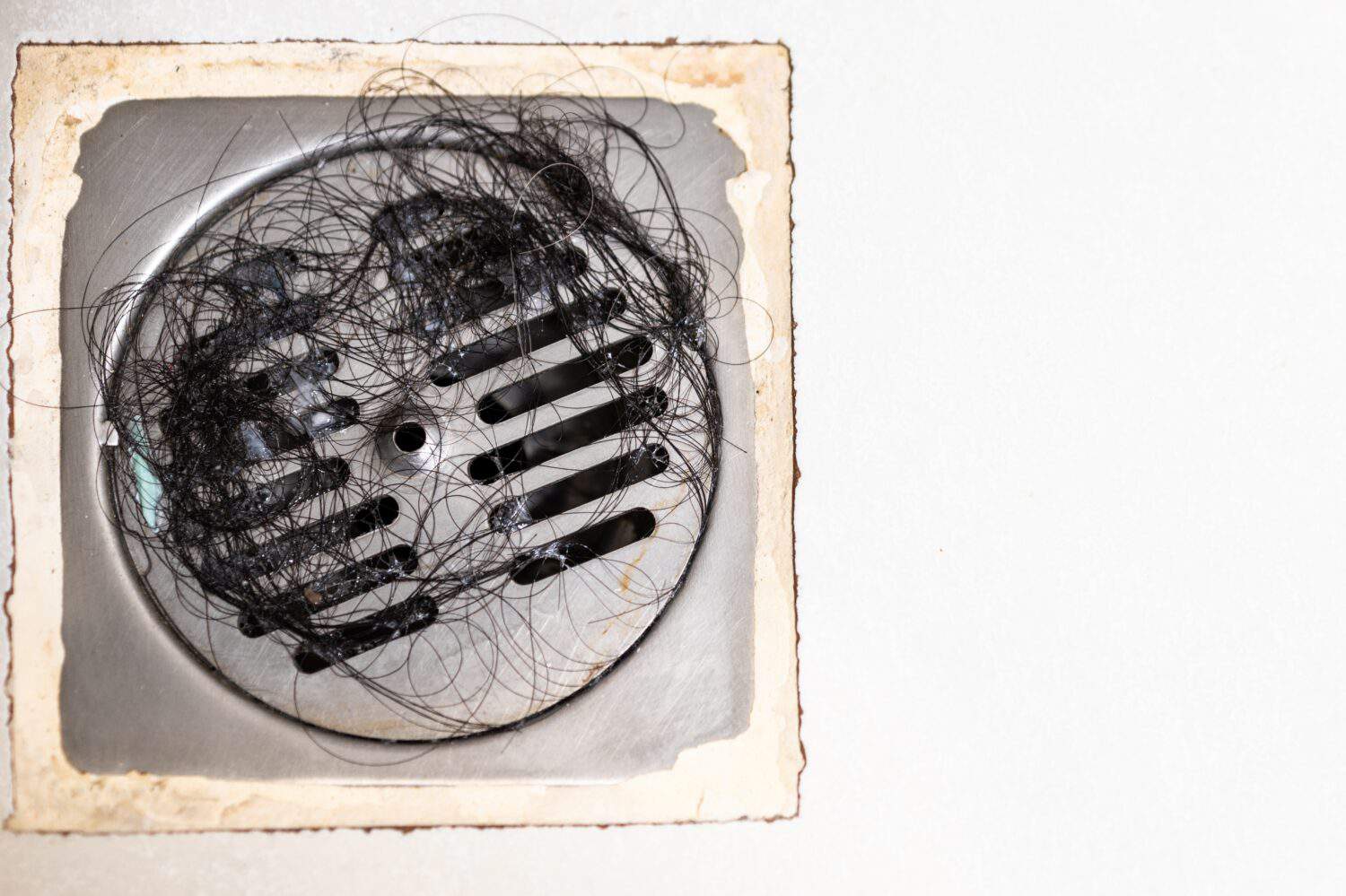
If you notice hair falling off of your head every day, you’re not going bald; it’s normal to lose between 50 and 100 hairs from your head on a daily basis. More than that, though, might not be a good sign. There’s plenty to spare, though; the average human has about 100,000 hairs on their head.
The Human Brain Can Power a Light Bulb

The brain generates about 23 watts of power, and LED bulbs only need about 10 watts to operate.
There are No Muscles in Our Fingers

Our fingers move because of the muscles in the palm and forearm; they are connected to tendons, which move our fingers.
The Brain is Only Half-Awake While Sleepwalking

When you’re sleepwalking, your brain is in a state of partial wakefulness and partial sleep. That’s why you’re capable of performing complex tasks without being aware of doing them.
The Tongue is The Only Muscle Not Connected to Bone at Both Ends

Weird, right?
You Can’t Tickle Yourself

Because tickle attacks usually take you by surprise, your body doesn’t have time to prepare. If you want to tickle yourself, your brain will reduce the nerve response so you can’t actually do it.
Everyone Has a Unique Scent

While it’s common knowledge that everyone has unique fingerprints (even identical twins), you might not know that everyone also has their own unique scent, influenced by facts including genetics, diet, and hygiene. Identical twins actually do have similar scents, though.
You Can Survive Without a Stomach
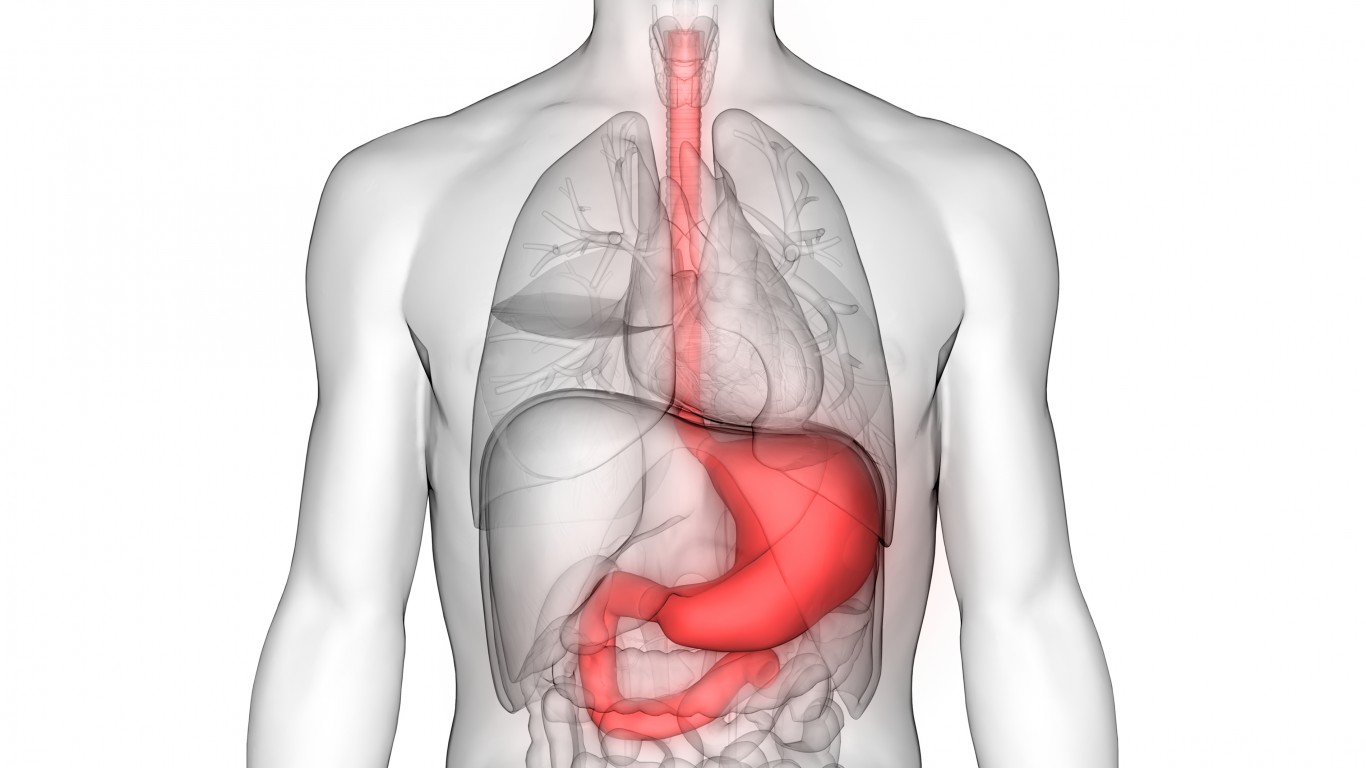
It’s possible for the digestive system to operate without a stomach because the stomach’s job is to hold food until it can be digested, not to digest it. Removing the stomach, called a gastrectomy, is a treatment for some patients with stomach cancer.
Skin is the Heaviest Organ

Skin accounts for about 16 percent of total body weight, on average. It’s also the body’s largest organ.
10-15 Percent of the Population is Left-Handed

And about 1 out of every 100 people is ambidextrous, which means they are able to use their right and left hands equally well.
Eye Color Can Change
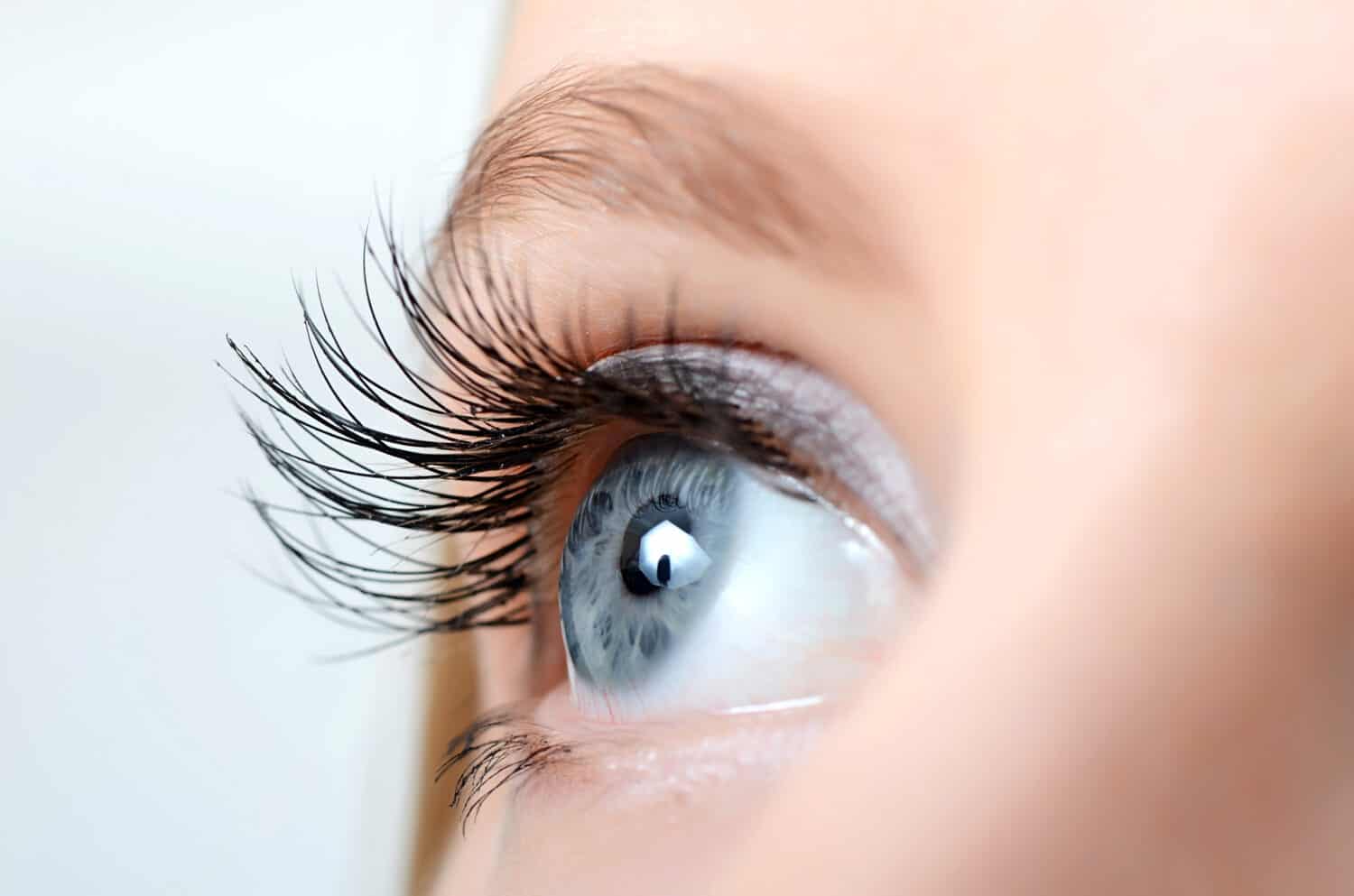
The color of your eyes can change slightly over time, due to factors such as aging, lighting conditions, and pupil dilation.
Stomach Acid Can Dissolve Metal
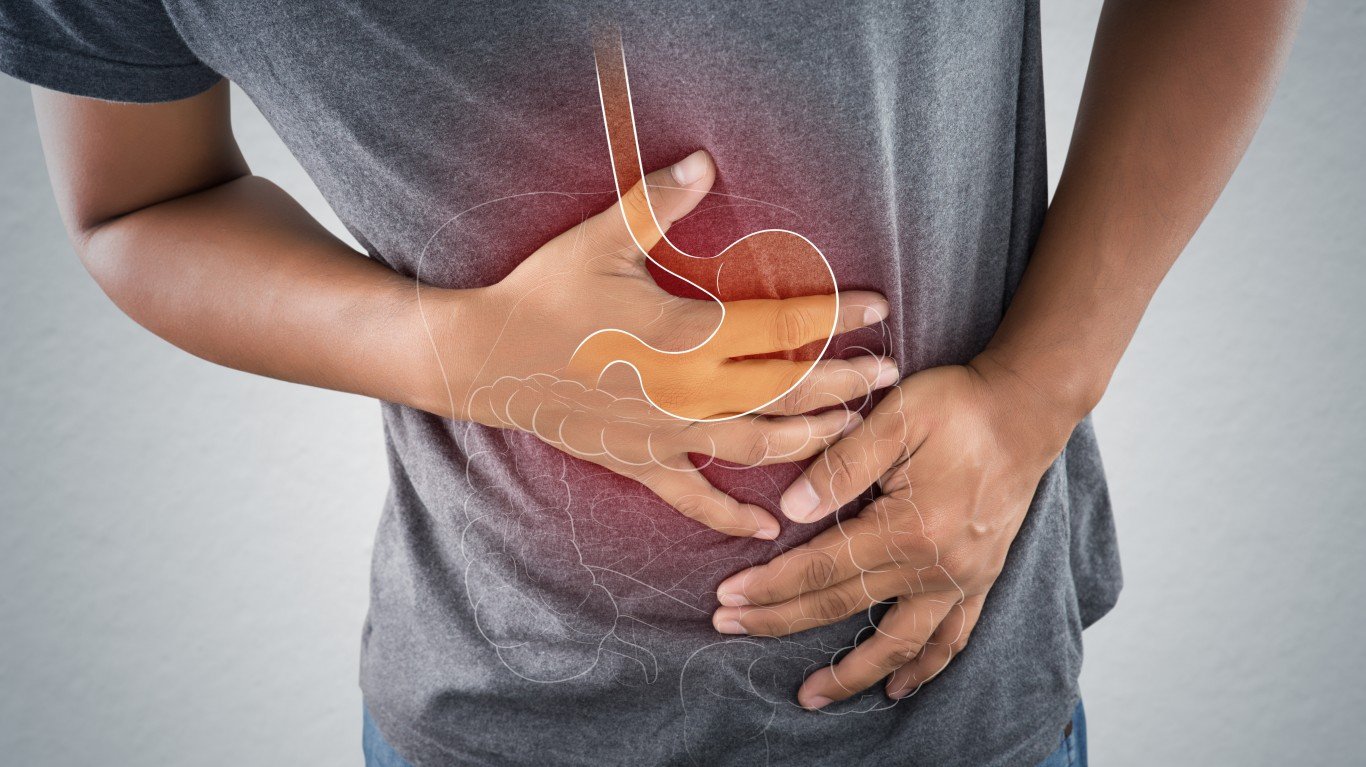
Hydrochloric acid, the acid in the stomach, is powerful stuff; in fact, a layer of mucous is all that prevents it from dissolving the stomach and other organs.
Yawning is Contagious

It’s true: Seeing or hearing someone yawn can trigger a yawn response in others. The exact reason is still up for debate, but theories include subconscious mimicking of those around us, empathy, and the fact that if you’re tired other people around you probably are, too.
Hair is one of the Fastest Growing Tissues

It’s also the only part of the body that can regenerate itself without scarring.
Sneezes Can Clock in at More Than 100 MPH
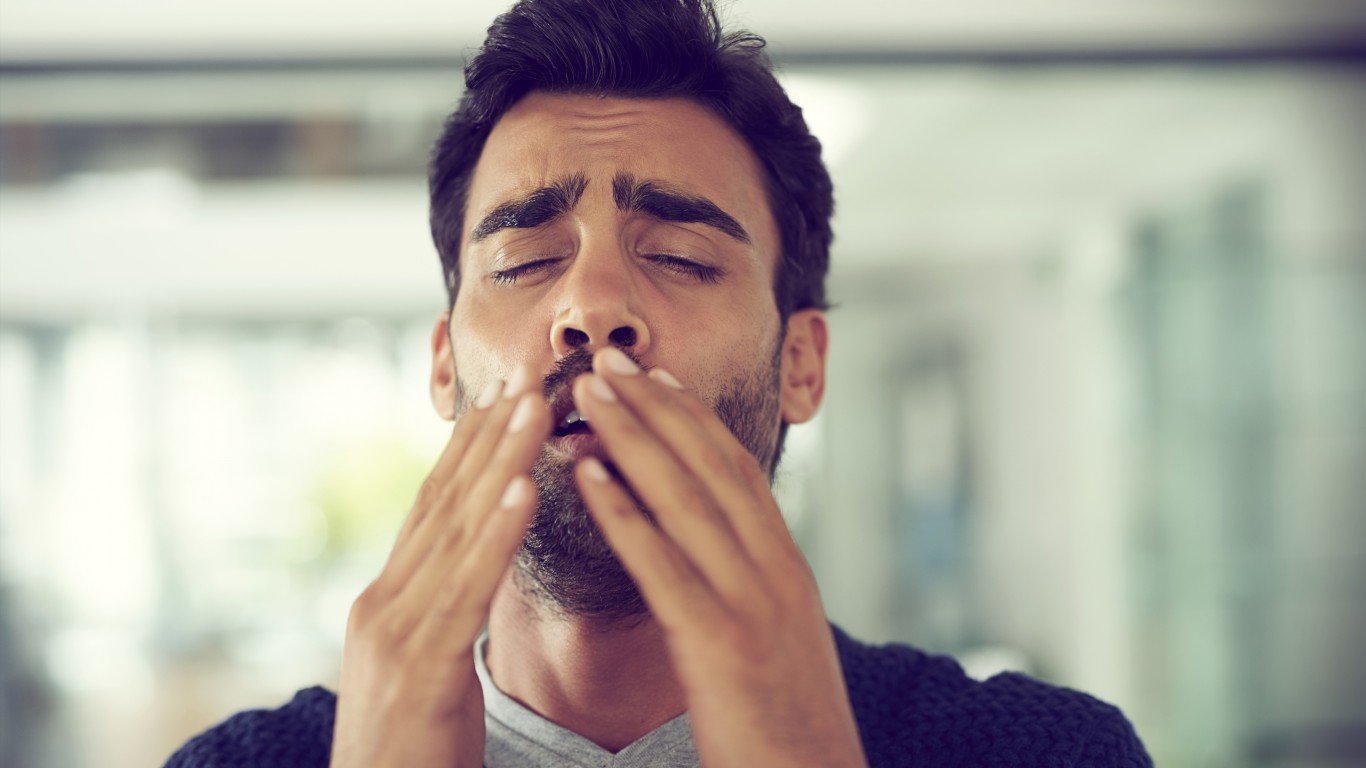
And coughs can travel at 60 miles per hour.
Beards are the Fastest-Growing Hairs on the Body

If a man never trims his beard, it will grow to around 30 feet long over the course of his lifetime.
The Average Adult Products 6.3 Cups of Urine Every Day

The average bladder can hold about a pint at a time.
Your Face is Most Likely Crawling with Mites
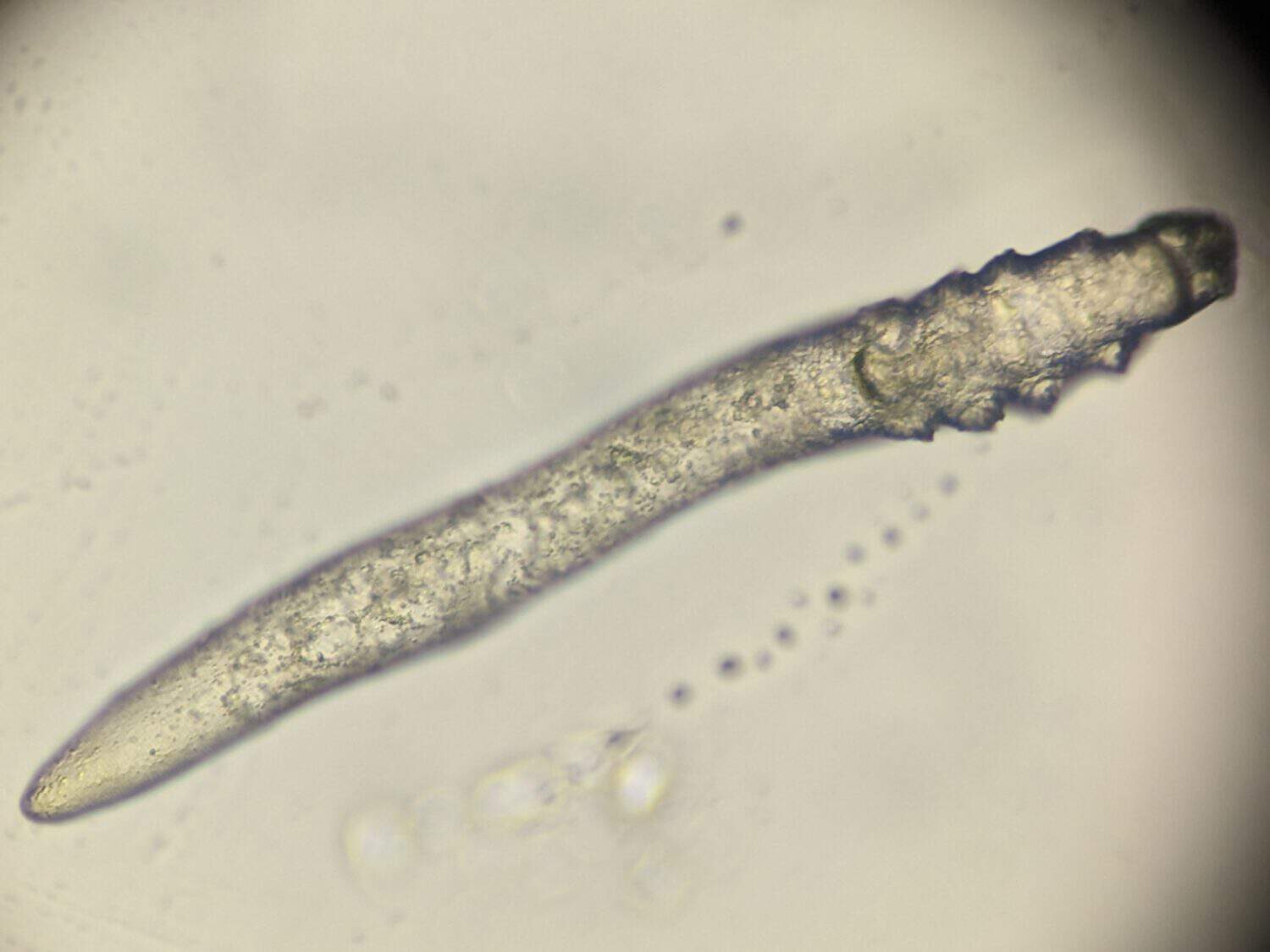
Teeny-tiny eight-legged mites love to call your face home. They usually like to hang out around your hairline and eyes and are generally harmless.
Sweat Doesn’t Smell

Sweat on its own doesn’t actually smell like anything. Bacteria just love to make their way into sweat after it’s excreted, however, and once they start to proliferate that’s when it starts to stink.
The “Taste Map” is a Myth
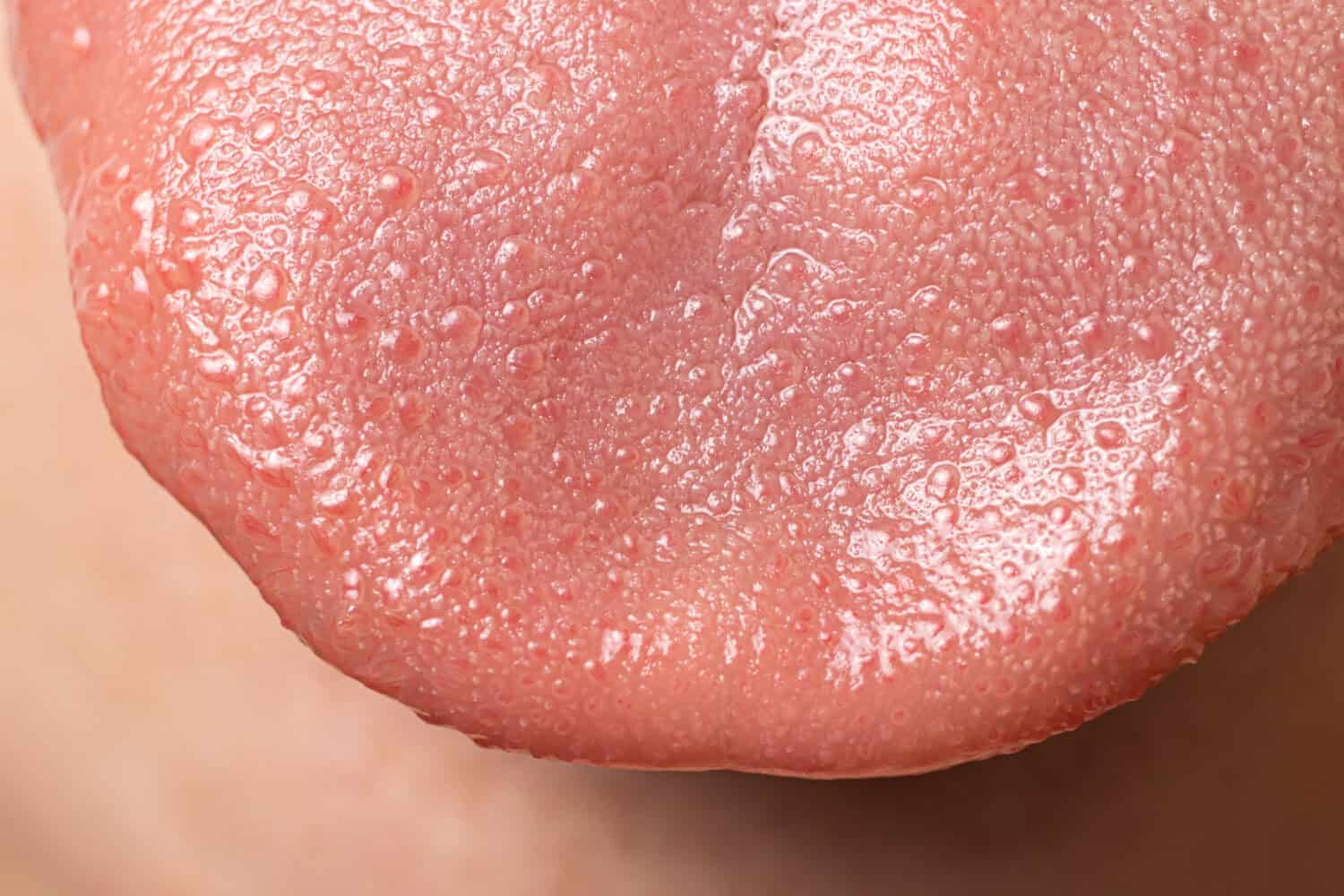
If you grew up believing that your tongue has different regions responsible for tasting sweet, sour, salty, and bitter, that’s actually not true. Taste buds for all flavors are spread throughout the tongue, and there are about 8,000 taste buds on the tongue. (Click here to explore some other common health-related myths.)
